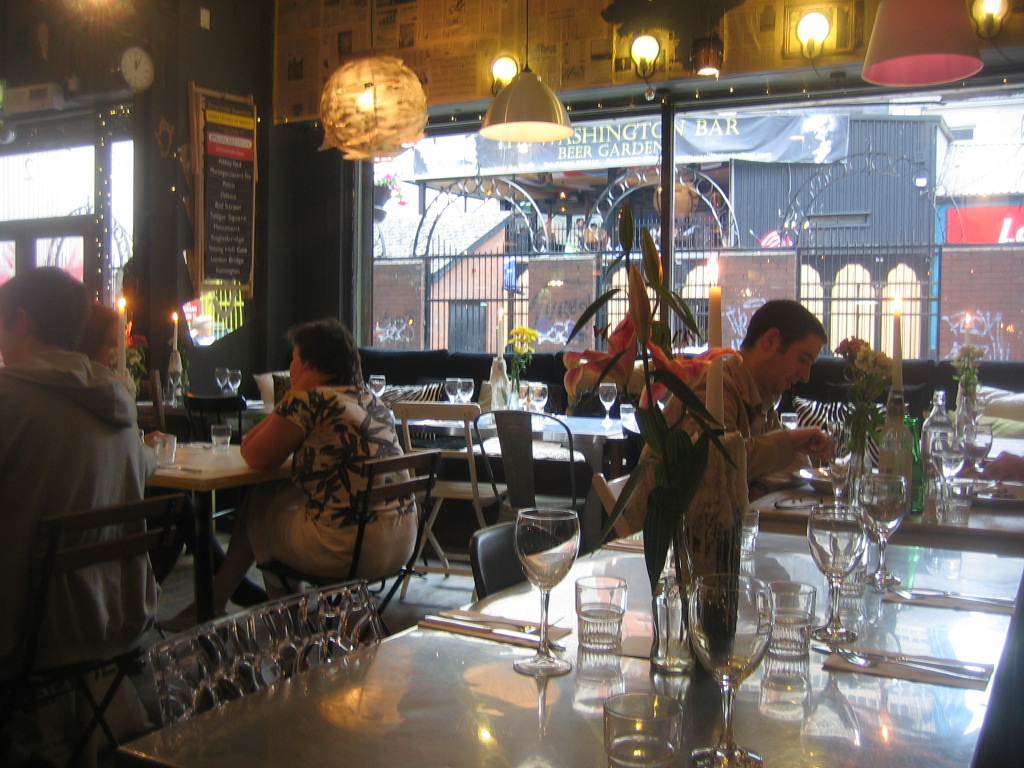
Made in Belfast – just the sort of lively new restaurant this recovering city needs
At the start of December I enjoyed a meal in good company in one of Belfast’s liveliest new restaurants. Made in Belfast, in the city cenre, was full on our visit. The name summed up the optimism and vigour of a city rebuilding itself, after many dark days. The walls were festooned, floor to ceiling, with exuberant posters and blackboards, full of information about the restaurant;‘s ethos, its food and where ingredients were sourced and what else they were planning. It was an impressive model, based on sustainability and good, unfussy cooking, the sort of place that would thrive in London, Boston or Berlin, in any busy city with lots of tourists.
Three days later Belfast City Council voted to fly the union flag only on certain days above the City Hall. That triggered a series of protests, peaceful and violent, by some people in the Protestant community. I wrote then about how tourists should not be deterred from visiting Northern Ireland, but I beleived the protests would be over soon.
The continuing unrest has had the effect of a bucket of ice cold water on the city’s commerce. Already, 40 days of union flag protests have cost businesses in Belfast up to £15m, the Confederation of British Industry has said.
Today, I caught the name Made in Belfast once more, on the Radio 5 Live breakfast programme. A lady with a very English accent told the interviewer her restaurant has lost custom and had been virtually empty on Monday night, when the city council revisited their flag decision, but did not overturn it. Her comments were a mix of despair and outrage.
On the website Emma Bricknell, originally from Kent, explains how she put the names of several cities into a hat, and picked out Belfast. “And that was the origin of one of Belfast’s most popular and idiosyncratic restaurants, which opened in April 2008.”
The company’s design concept was based on scouring skips and second hand shops, “with a little bit of Ikea here and there”. “The anarchic but very beguiling decor has become part of its attraction.”The company’s priority is its food…basic, rustic peasant food but with influences from all over the world, locally sourced where possible, and ethically and environmentally sourced”.
Even if the name was not so symbolic, Made in Belfast would be a shining example of a city’s renaissance. It’s too good a place to fail and there are still too many people of vision and determination, and good sense, to see that the city that supports it, and the province, does not slip back.
Politics and tourism are tightly bound together. And when politics is as complex as Northern Ireland’s, it is almost impossible for the innocent outsider to interpret it, and cast judgement. But the risk of harm coming to the visitor is still tiny. Would I suggest you visit Damascus or Aleppo, even if you could? I would not. With that example of the real peril in mind, I have no hesitation in recommending Belfast and N. Ireland as a leisure destination. And while you are there, eat in Made in Belfast.
Made in Belfast website.
